
Bing on Xbox One makes it easy to search for entertainment
With just a few days left until the Xbox One goes on sale, Microsoft is pushing the features and benefits of its new console, focusing on everything except games.
Today, it’s the turn of Bing to step into the spotlight, with a new blog post detailing the search engine’s vital role on the system. Stefan Weitz, Senior Director, Bing explains "Whether your game, show, song or movie is in an app, on your console, or in our own Xbox Music or Xbox Video, the same instant search technology that powers Bing web search also brings your entertainment results together beautifully on your TV".

Wearable technology gets its own event
Google Glass is still being tested by a limited number of lucky users, and Apple’s rumored smart watch remains ever elusive, but wearables is clearly one of the fastest growing areas in technology, so it’s inevitable that an exhibition would be set up to showcase it.
The Wearable Technology Show will be held on the 18th and 19th March 2014, at the Olympia Conference Centre in London, and include three dedicated conference rooms, over 70 sessions on fashion, sports and fitness, health, M2M, live product demos, a developer hackfest and a business startup track.

Crack out the champagne -- Raspberry Pi sales hit the two million mark
The Raspberry Pi has been at the top of my ten year old nephew's Christmas list for months now, and every time he comes to visit he asks me to power up the Model B I bought back in March, and of course I’m more than happy to do so -- any excuse.
The super-affordable uncased ARM GNU/Linux computer has been enjoying huge success since it launched in 2012, selling a million units in its first year (see the Q&A we ran with the Raspberry Pi Foundation’s Liz Upton following that milestone) and we reported sales had hit 1.75 million a little over a month ago, so it’s impressive to hear that the British-made board has just smashed through the two million mark.

Get ready to upgrade -- DDR4 memory is on its way
I recently upgraded my already fast PC, adding a large Kingston SSD, Intel Core i7 Processor, and new motherboard, and additionally boosted the amount of DDR3 RAM to 16GB. Unfortunately, my new super-speedy system could be out of date as soon as next month -- well the memory and motherboard elements of it at least.
Memory specialist Crucial has DDR4 listed on its website, along with a nifty infographic (embedded below) to tell you more about the next generation memory. According the information on the site, the faster RAM is coming out late in 2013, which means -- as we're running out of months -- it should be available some time in December.

Microsoft invites tech enthusiasts and IT professionals to 'geek out with Surface'
Yesterday I wrote a story in which I said Surface vs iPad shows how little Microsoft and Apple have really changed. The catalyst was a blog post in which Microsoft went into technical details on the improvements it’s made to the newest iteration of Surface. Something I said Apple would never do.
Today, Microsoft again shows how it’s targeting more technical users with a new blog post titled Geek out with Surface and win! The opening paragraph sums up, for me, the sort of people who the new Surface is now being primarily aimed at.
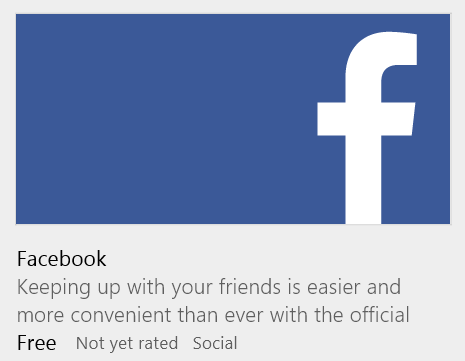
Microsoft announces Facebook Login support for Windows 8.1 and Windows Phone 8 apps
It took Microsoft a while to persuade Facebook to produce an official app for Windows 8, but having finally got the social network onboard, the software giant is looking to tighten the ties further still.
The newly announced Facebook Login APIs on Windows 8/8.1 and Windows Phone 8 will allow developers to create apps that can access a user’s Facebook profile, and make it possible to share content, and post comments in-app, and also find friends to play games with. Make no mistake, with more than one billion people using Facebook to connect and share, this is a hugely important development for Microsoft.
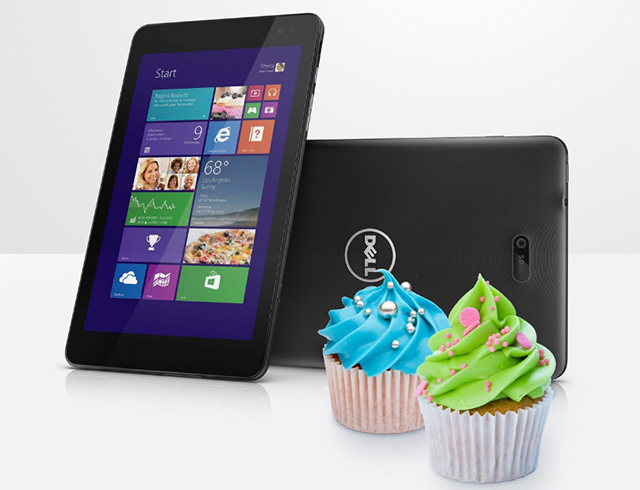
Intel’s holiday buyer’s guide rounds up the best Windows 8.1 devices
If you’re looking for a new tablet, laptop, 2-in-1 device or all-in-one system you might want to take a look at Intel’s new Holiday Buying Guide. The chipmaker has put together a 20-page PDF brochure featuring products from the likes of ASUS, Dell, Lenovo, Sony, HP, and Samsung.
Divided into sections, starting with 2-in-1 Devices, the guide tells you a bit about that particular type of system, and then presents a selection of shiny new hardware vying for your attention (and hard earned cash) this holiday season.

Surface vs iPad shows how little Microsoft and Apple have really changed
I own an iPad, and despite not rushing to buy a Surface, I actually quite like Microsoft's slate. A couple of days a week I work on my iPad (mostly remote accessing my PC via Parallels Access) and it's not a great experience. I know I'd get a lot more done if I was using a Surface Pro 2 instead, but Apple's tablet is far better in other areas, so for me it wins on balance.
Yesterday, on the Surface blog there was an article headed "What's new in Surface Pro 2". It was a detailed look at what Microsoft has done to improve the latest generation of its slate and I found it fascinating. Partly because it was an interesting read, but also because it was the sort of thing Apple would never do.
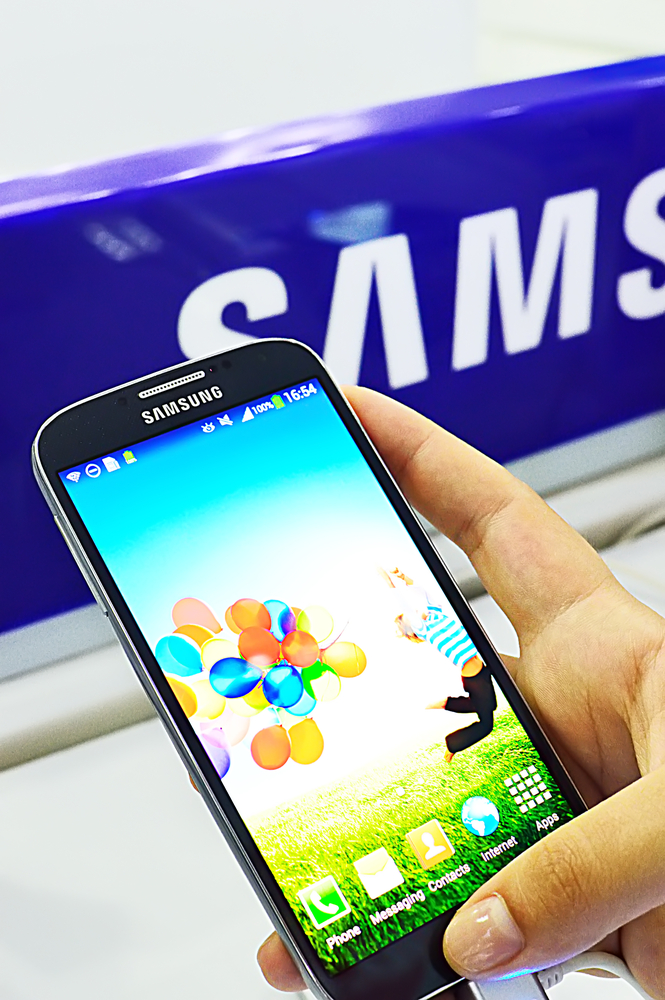
Samsung now selling over two and a half times as many smartphones as Apple
Two days ago IDC released its latest Worldwide Mobile Phone Tracker report, showing growth for both Android and Windows Phone and drops for iOS and BlackBerry.
Today Gartner provides details on worldwide mobile phone sales to end users, with the big news being that smartphones accounted for 55 percent of all mobile phone sales in the third quarter of 2013.

ComputerSupport.com partners with Citrix for next generation of cloud hosting
ComputerSupport.com has unveiled its next generation cloud hosting platform ITAnyWhere Cloud. The product is based around the latest Microsoft and Citrix software, and runs completely in the AWS cloud, utilizing multi-region EC2, S3, RDS and other services.
The new version of the cloud service offers small businesses the ability to host all of their productivity applications -- web or Windows-based -- in the cloud, and access them from any device, any time. The solution will help medical and financial organizations achieve instant compliance with HIPAA, FINRA and other US regulations. The goal with this version is to improve how quickly the applications are delivered, add the ability for users self-service, and enable better mobile access.
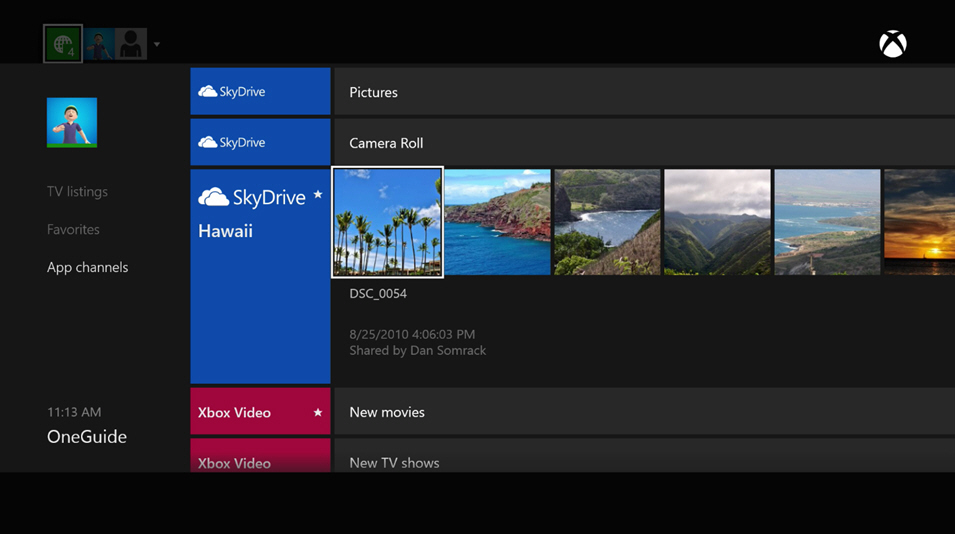
Microsoft shows off SkyDrive on the Xbox One
There’s not long to go now until Microsoft’s next generation console is released, and the software giant is continuing to push the many non-gaming things you’ll be able to do with it. The latest update covers SkyDrive, with a new video showing how the cloud storage integration works.
As the description accompanying the video says, "SkyDrive on Xbox One provides a seamless way to enjoy your photos and videos, or those shared with you, on the big screen. The app also takes advantage of exclusive Xbox One features: You can open photo albums from channels in the OneGuide, play music alongside your slide show with Xbox Music, and control the whole app with gestures and voice, courtesy of Kinect".

If you were CEO of Microsoft, what would you change?
Microsoft is actively looking for a new CEO to replace Steve Ballmer, and one of the potential candidates is Stephen Elop. In an interesting story published earlier today, Bloomberg, citing several unnamed sources, claims that the former boss of Nokia would introduce sweeping changes to Microsoft should he get picked for the top job.
Just what sort of changes? Bloomberg says Elop would release Microsoft Office on the iPad and Android tablets, consider killing off Bing and even potentially offload the Xbox division, in an effort to give the software giant more focus.

Google faces user backlash over the new YouTube comments system
When Google announced it was changing the comments system for YouTube, users should have been thrilled, after all that aspect of the site has been in need of an overhaul for a very long time. The update Google created adds "smarter" sorting, and "meaningful" conversations, allows comments to be moderated, and for the most part the change just makes things look tidier.
The problem with the new system is you need to have a Google+ account to post a comment, and YouTube users aren’t happy with that. An inevitable petition calling for Google to change the comment settings on YouTube back to their original form was duly launched and has received over 40,000 signatures in 24 hours.

Microsoft shows what it's like to actually use the Xbox One
The battle between Microsoft’s Xbox One and Sony’s PlayStation 4 is set to begin later this month. At BetaNews we’re still split as to which console we think is best, leading to some spirited debates in the newsroom.
To try and persuade potential buyers to choose the Xbox One, and get pre-orderers even more excited, Microsoft has released a 12-minute video showing exactly what it’s like to use its new console, and frankly it looks amazing.
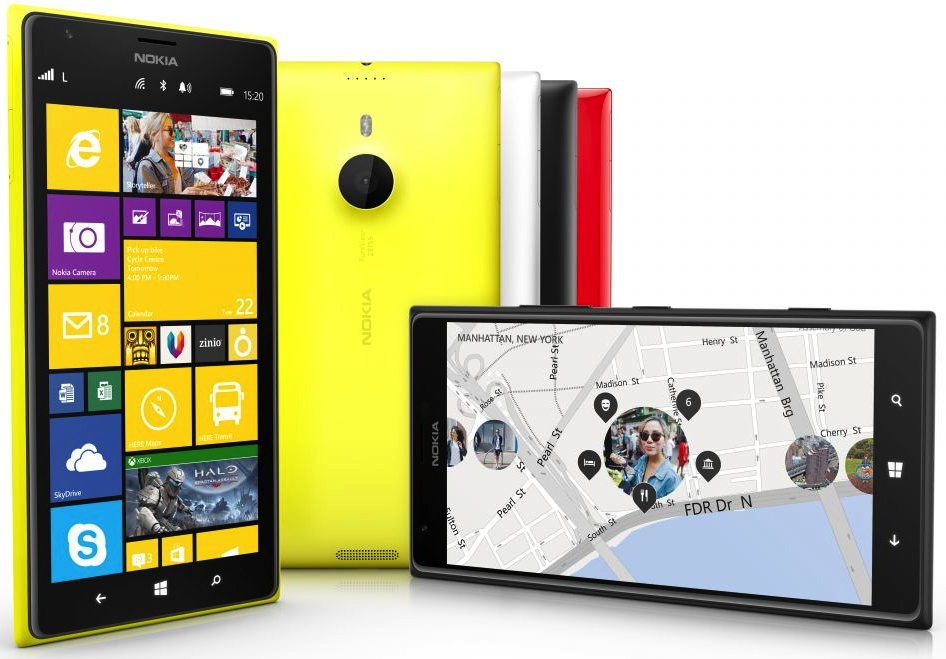
Nokia Lumia 1520 now available for preorder from Microsoft
Microsoft has announced the new Nokia Lumia 1520 is available for preorder through the Microsoft Store and at all US Microsoft retail store locations from today. The device officially goes on sale on 22 November.
As an incentive, customers who preorder the product will receive a $50 Microsoft Store app card, a $20 app card provided by Nokia, a free flip cover valued at $39.99 (while stocks last), and a free download of Halo: Spartan Assault for Windows Phone. It’s a US-only offer.

